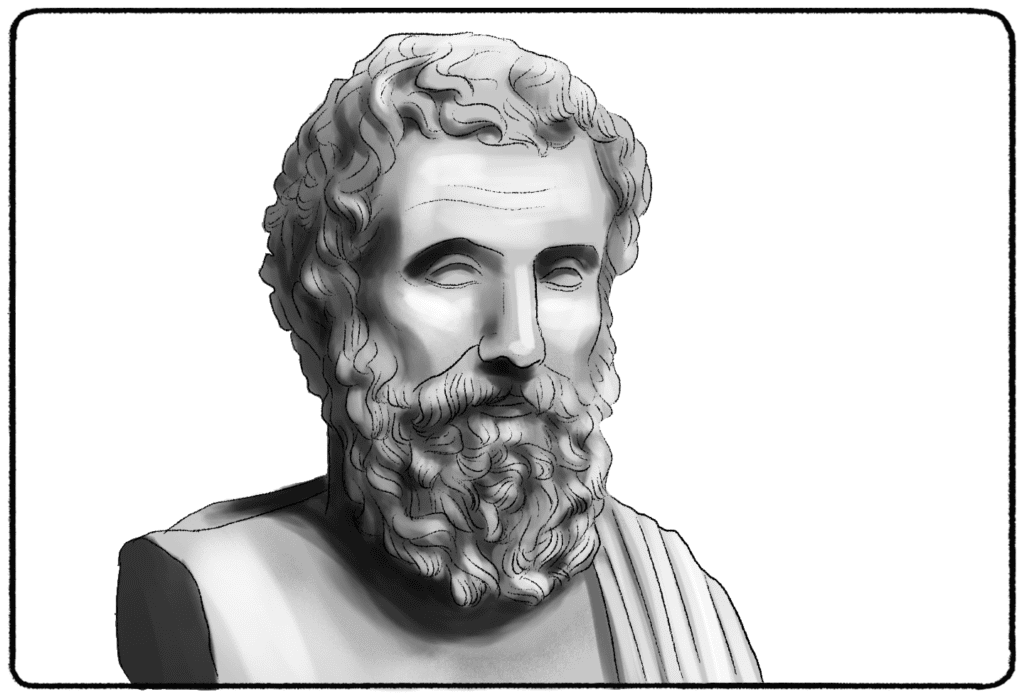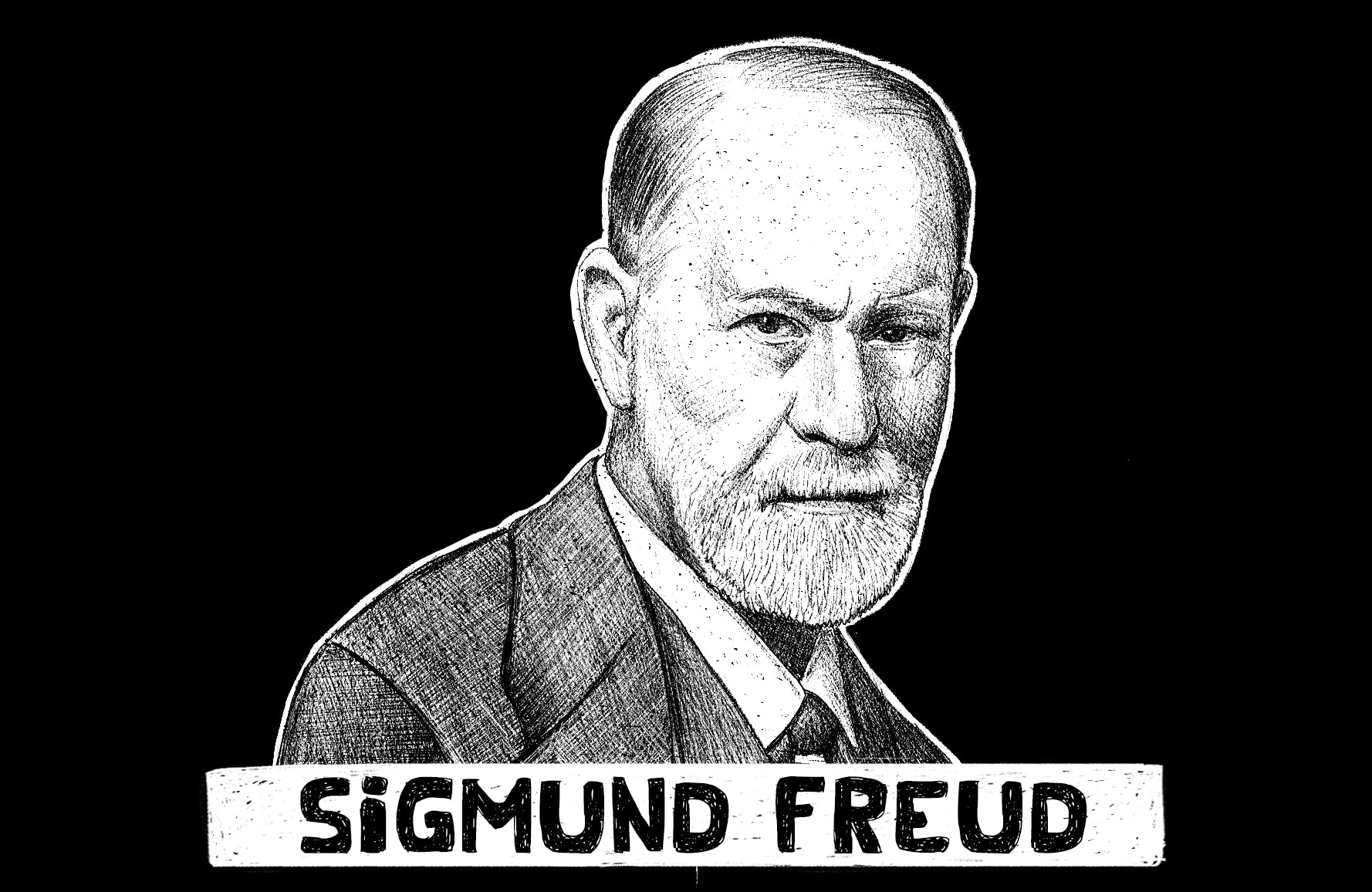Social psychology revolves around a handful of great debates, including free will vs. determinism and reductionism vs. holism. One of these debates is nature vs. nurture.
One of the main ideas of the nurture side of this debate is "tabula rasa." Empiricists, or those who believe that nurture influences our thoughts and behaviors, believe that we are born with a tabula rasa. Let’s examine what that means, the psychologists who shaped this idea, and how it applies to current practices and debates in psychology.
What Does Tabula Rasa Mean in Psychology?
Tabula rasa is a Latin term and theory that describes our mind as a “blank slate” at birth. This “slate” becomes filled with each new experience. Through all of these experiences, we form thoughts and personality traits. Our decisions and behaviors stem solely from our experiences.
This contrasts the idea that we are born with certain traits based on our genes. This nativist idea states that no matter what happens to us after birth, some of our decisions or traits are pre-determined. The tabula rasa argues that we are more impressionable and able to be molded by how our parents raise us, how we grow up, and what we are taught.

When Was Tabula Rasa Developed?
Tabula rasa is far from a new subject. Psychologists often credit Aristotle as the first philosopher or psychologist to write about this idea. Since then, the idea has been refined and shaped by various psychologists. Let’s look at the history of tabula rasa and the main voices who have supported the theory.
Early Writings
As I mentioned, Aristotle wrote about the idea back in Ancient Greece. This means that the idea of tabula rasa has existed for over 2,000 years! But the Ancient Greeks didn’t believe that we learn everything after birth. Sure, what we use through the senses becomes the first characters or words written on our “blank slate.” But our ability to process what we take in is something we have before birth.

The next psychologists to discuss this subject didn’t do so until the 11th and 12th centuries. Ibn Tufail, for example, was an Andalusian-Islamic philosopher who wrote about tabula rasa in the 12th century. He described a feral child’s upbringing on an isolated island. The child learned skills only through the animals on the island around him. This upbringing shaped many of his decisions and behaviors, including the commitment to not eating meat.
John Locke
Ibn Tufail, Aristotle, and other earlier psychologists seriously influenced 17th-century philosopher John Locke. He is often credited as the founder of British empiricism and the “Father of Liberalism.”
His essays, including “An Essay Concerning Human Understanding” and “Essays on the Law of Nature,” described the mind as a “white paper.” Only experience would shape what is written on the white paper, including information about mortality. Locke used this theory to argue that while all humans belong to the same society, each individual has “natural” rights.
Sigmund Freud
Like all other psychological ideas, talk therapy has evolved since its introduction. The has shifted and grown over centuries. And it’s not done yet. Using ideas like tabula rasa, evidence from scientific studies, and observing the long-term effects of specific ideas, we will only continue to learn more, form stronger arguments, and get a picture of how “blank” our “slates” really are at birth.

The idea of tabula rasa influenced psychology, especially when Sigmund Freud started to play with this idea. Freud was not an extreme empiricist, but he believed that our individual experiences profoundly impacted our development and behavior. His theory on the Stages of Psychosexual Development includes how experiences from infancy may impact bad habits, such as nail-biting or smoking.
While many of Freud’s theories of development are not accepted by today’s psychologists, his influence is everywhere. Later, I will discuss how tabula rasa and Freud’s work has impacted going to see a therapist.
John Money
Before discussing tabula rasa today, I want to mention one more psychologist. John Money is rather controversial and complicated, but introduced some crucial concepts to the study of gender, sex, and sexuality. He is credited with first introducing “gender roles” and “gender identity.” Money used the idea of tabula rasa to describe how we develop our gender identity. This gender identity includes more than “masculine” or “feminine” traits.
Money’s work, as well as the work that followed Money’s introduction of “gender roles” and “gender identity,” has opened the doors for many psychologists to explore what it means to be cisgender, transgender, heterosexual, homosexual, or somewhere in between.
Modulation in Learning and Behavior: The Case of Language Acquisition
Language acquisition in children is one compelling example that illustrates the interplay of nature and nurture and ties into the concept of tabula rasa. This process showcases how our innate capabilities (nature) are modulated and shaped by our experiences (nurture).
From birth, children are exposed to the language spoken around them. While the ability to learn language is inherent—a natural trait—what language they learn and how they use it depends entirely on their environment. This is a clear instance of modulation, where the innate potential (nature) is shaped and refined by external experiences (nurture).
Studies have shown that children exposed to multiple languages from an early age can learn them simultaneously, indicating that the brain's linguistic capabilities are highly adaptable. However, suppose a child is not exposed to language during certain critical periods of development. In that case, their ability to acquire language can be significantly impeded, demonstrating the crucial role of environmental factors.
This phenomenon supports the idea of tabula rasa, suggesting that while the mind may have innate capacities, its content and how it develops are profoundly influenced by the environment. Language acquisition is a prime example of how cognitive and behavioral aspects are inscribed from birth and significantly modulated by our experiences, shaping our thoughts, personalities, and abilities.
By understanding such concrete examples, we can appreciate the complexity of the nature vs. nurture debate and recognize that human development is a dynamic interplay of both inherent qualities and experiential learning.
Where Tabula Rasa Fits Into Psychology Today
John Money, John Locke, and all psychologists who support the tabula rasa theory have impacted more than just the definition of empiricism. Your views on how gender identity and sexual orientation are formed, for example, may influence how you vote on policies regarding the rights of the LGBT community. Your views on the importance of a child’s first experiences may influence how you approach parenting. This debate influences many decisions, policies, and laws.
Psychoanalysis
We also continue to see the impact of tabula rasa in the therapist’s office. Sigmund Freud helped to develop talk therapy. When you enter a therapist’s office, they become a tabula rasa themselves. They ask objective questions that allow the patient to share their thoughts and needs without being shaped by the therapist’s experiences or opinions.
Through this process, the patient may see their thoughts or behaviors in a new light. The therapist may also use processes and techniques that encourage the patient to “unlearn” certain behaviors transcribed onto the patient’s “blank slate.” It would be much harder for any professional to help a patient “unlearn” a behavior that was “hard-wired” into their system through their genetic makeup.
Nature vs. Nurture
Facial Expressions and Body Language in Forensic Psychology and Job Interviews
An emerging area in psychology where nature and nurture intersect is the analysis of facial expressions and body language, particularly in forensic psychology. Experts in this field increasingly utilize these non-verbal cues to determine if someone is being deceptive. This approach stems from the theory that certain involuntary facial expressions and physical reactions can indicate lying or guilt, which are otherwise difficult to detect through verbal communication alone.
In forensic settings, psychologists and investigators analyze micro-expressions—brief, involuntary facial expressions that reveal true emotions—and body language to assess credibility and honesty. This technique is based on the premise that while people can control their verbal responses, non-verbal reactions often reveal more truthful information. However, it’s important to note that this method isn't foolproof and is subject to interpretation and the observer's skill.
Simultaneously, facial recognition technology is starting to make its mark in the corporate world, particularly in job interviews. This technology assesses candidates' facial expressions to gauge factors like honesty, enthusiasm, and stress responses, considered indicators of high-performance potential. While this technology represents a significant advancement in hiring practices, it also raises questions about privacy and the accuracy of interpreting emotions through technology.
These applications showcase how psychological principles are employed in practical scenarios, blending our understanding of innate human behavior (nature) with the learned aspects of emotional expression (nurture). They represent the fascinating ways psychological theories are applied beyond traditional settings, extending into areas like law enforcement and human resources.
This section can be added after the discussion about modulation in learning and behavior, as it provides a contemporary and practical application of psychological theories, particularly in understanding human behavior through both nature and nurture lenses.



